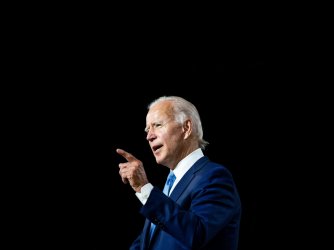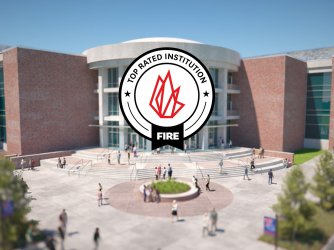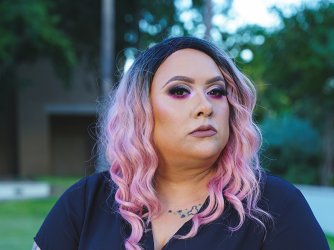Table of Contents
FIRE Chairman on False Safety and Free Thought
After an eight-day sit-in at the University of Rhode Island, where students were protesting for better treatment of gay, lesbian, bisexual, and transgender (GLBT) community members, administrators capitulated to the demonstrators' demands on October 1. The university agreed to institute sensitivity training for faculty, staff, and resident advisers and to hire "a full-time paid employee to address the needs of GLBT students," among other concessions.
When FIRE Co-founder and Chairman Harvey Silverglate caught wind of this result, his temperature spiked. These measures really get under his skin because they violate the deeply-rooted notion of equal protection of the law, a principle that liberty-loving folks like Harvey hold near and dear. So, as he's done for the past four decades, Harvey took to the press to raise his objections.
Writing on the Minding the Campus blog, he first explains what gave rise to the student protest.
In mid-August, students reported feeling "harassment" when a group of males shouted "faggot" from their automobile before speeding off, according to the [Brown Daily] Herald. Further, in early September, GLBT students were frustrated at the ineffectiveness of their sensitivity training of resident advisors. "No one paid attention," [URI Student Brian] Stack told the Herald, "and some people walked away thinking 'that's so gay' is freedom of speech and they don't have to do anything about it."
In an effort, according to URI Vice President of Student Affairs Tom Dougan, to "make this a welcoming and safe campus for everyone," URI administrators agreed to the aforesaid demands. But Harvey points out that this "welcoming and safe campus" may have unintended limitations:
It is hardly evident, after all, that the campus is "safe" for students who might want to say something that could conceivably give offense to a student with a different sexual orientation. This need not, of course, be simply a gross epithet like "faggot." A gay student might report being offended by another student's opposition to gay marriage, or by a professor's leading a debate on the biological or other bases for homosexuality, or by a campus student religious leader suggesting the moral failings of alternative lifestyles.
When the search for a "welcoming" as well as "safe" campus becomes a primary goal in an academic community, all manner and kind of dissenting views--from highly intellectual theses to crude epithets and the vast array of forms of expression in between--become an endangered species. Pretty soon, the campus may (or may not) be "safe" for students in self-described historically disadvantaged groups, but it surely becomes quite unsafe for disfavored views and disturbing words.
What, one may ask, is the problem with exterminating epithets? It is, for one thing, the inherent inferiority that this special protection implies to the targeted group. The implication that GLBT students can't handle harsh words should offend any and all who believe in true equality.
By rewarding thin-skinned reactions, administrators are not preparing students for the real world, where the First Amendment (thankfully) protects unpleasant speech, Harvey writes. By implementing sensitivity training rather than upholding true equality, URI may undermine its own stated goal of creating a "safe" campus. As Harvey points out,
According to a recent study by the Association of American Colleges and Universities, one out of every five students feels unsafe holding disfavored views on campus. It's not unreasonable to think that, in their blinkered push to create "safe" and "welcoming" environments--thereby disregarding time-tested notions of equal treatment and intellectual freedom--administrators are making those who disagree with the reigning campus ethos feel, ironically, unsafe.
The full piece is available on the Minding the Campus site here.
Recent Articles
FIRE’s award-winning Newsdesk covers the free speech news you need to stay informed.

TikTok legislation sets grave precedent for free speech

Louisiana Tech earns top rating for free speech

German police forbid ‘speaking Irish’ at Berlin protest — Free Speech Dispatch April 2024
